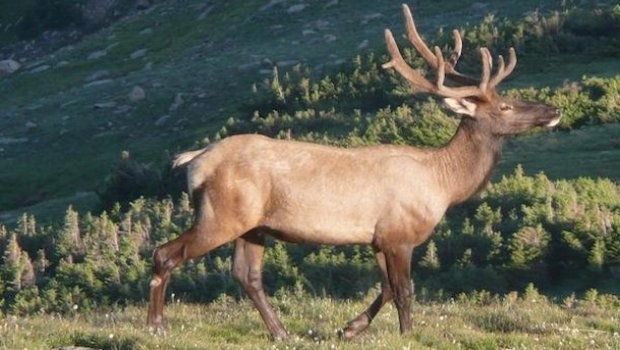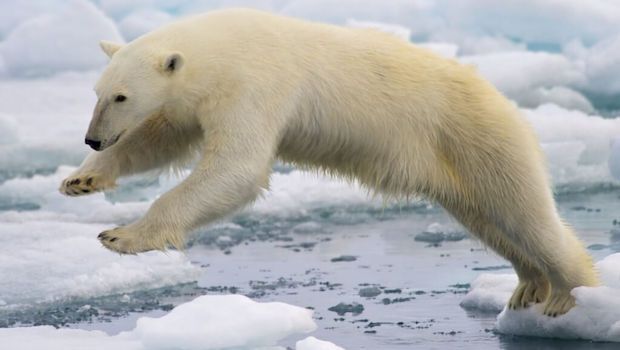Advertisement
New Study Claims Half of World’s Mammals At Risk Due to Climate Change
| By Brian Delpozo
Advertisement - Continue reading below

A new study published in the Journal of National Climate Change by James Watson, Michela Pacifici, Piero Visconti, Stuart Butchart, Francesca M. Cassola, and Carlo Rondinini has shed an alarming light on the dangers faced by Earth’s mammals from unabated climate change, which they claim has been far more devastating than previously thought.
The study reads in part, “…we estimated that 47 percent of terrestrial non-volant threatened mammals (out of 873 species) and 23.4 percent of threatened birds (out of 1,272 species) may have already been negatively impacted by climate change in at least part of their distribution. Our results suggest that populations of large numbers of threatened species are likely to be already affected by climate change, and that conservation managers, planners and policy makers must take this into account in efforts to safeguard the future of biodiversity.”

James Watson, the director of science and research initiatives at the Wildlife Conservation Society, served as a co-author on the study and told The Huffington Post that, “Most of these species haven’t even been assessed against climate change, so we’re clearly underreporting that. This is a bad story for birds and mammals, but it probably means that we are really, really getting it wrong for a lot of other species.”
At the end of their paper, the group of scientists spell out how they think research needs to change in order order to better appreciate the dangers climate change poses to wildlife:
“Despite these uncertainties, our results suggest that the impact of climate change on mammals and birds in the recent past is currently greatly under-appreciated: large numbers of threatened species have already been impacted in at least part of their range. Given that scientific efforts in this field have largely focused on predicting the impact of future climate change on species and ecosystems, we recommend that research and conservation efforts give greater attention to the ‘here and now’ of climate change impacts on life on Earth. This also has significant implications for intergovernmental policy for such as the Convention on Biological Diversity and the Intergovernmental Science-Policy Plat form on Biodiversity andEcosystem Services, and the revision of the strategic plan of theUnited Nation Framework Convention on Climate Change.”
James Wastson continued this theme, telling Huffington Post, “Climate change is already happening, and it’s going to get worse. “Nature is extremely resilient if you give it a chance.” He continued, “But the big thing is acting now, not in 20 to 50 years time. Not making climate change a future threat, but prioritizing climate-smart actions now. Because every day, every minute, that we delay, you lose those opportunities.”
Advertisement - Continue reading below
Share
On Facebook
